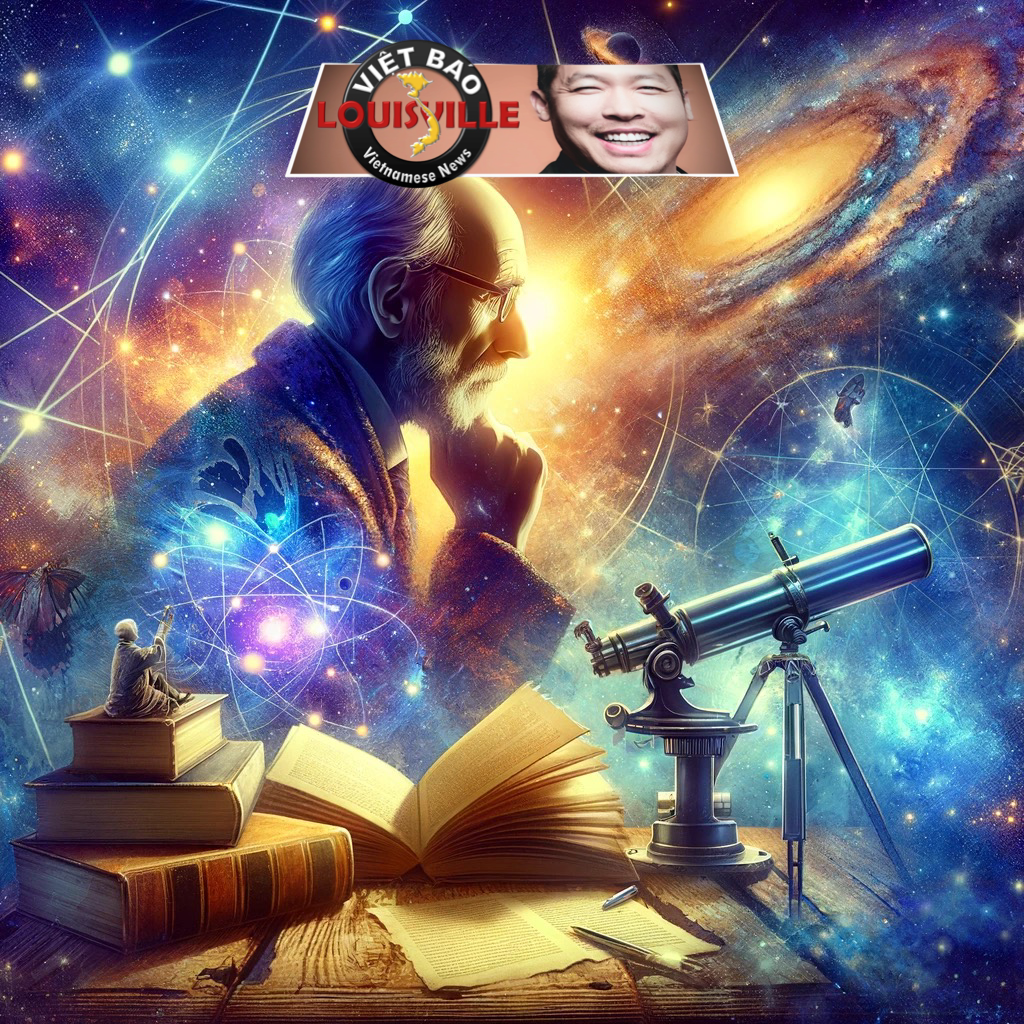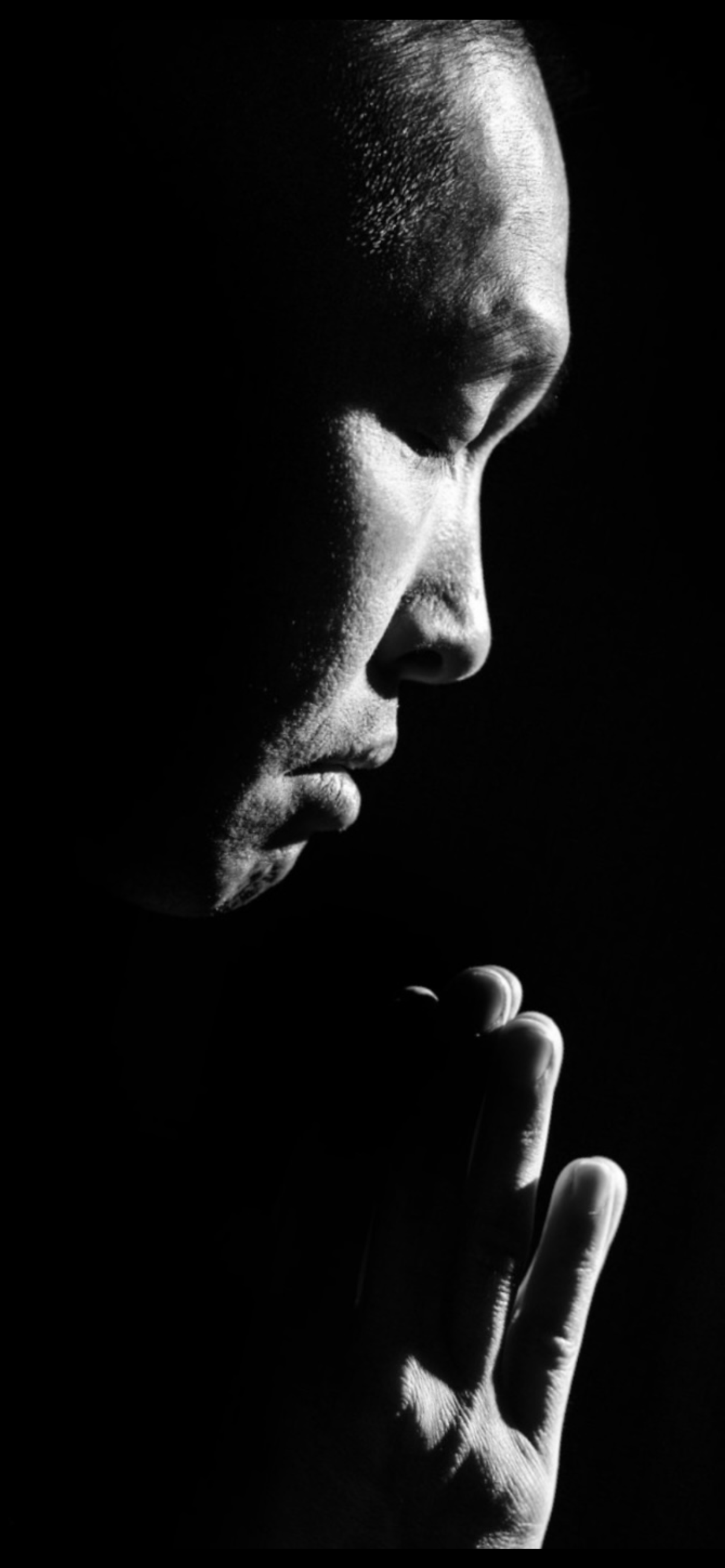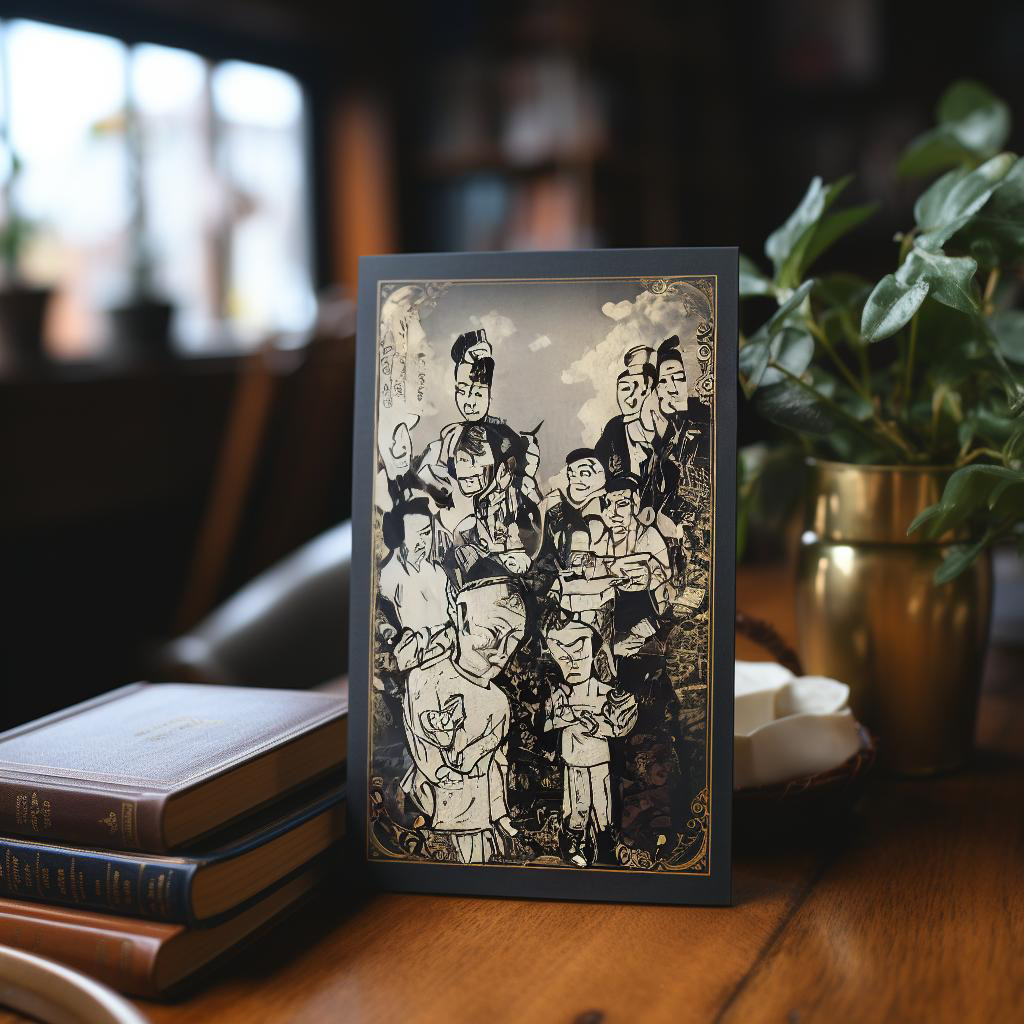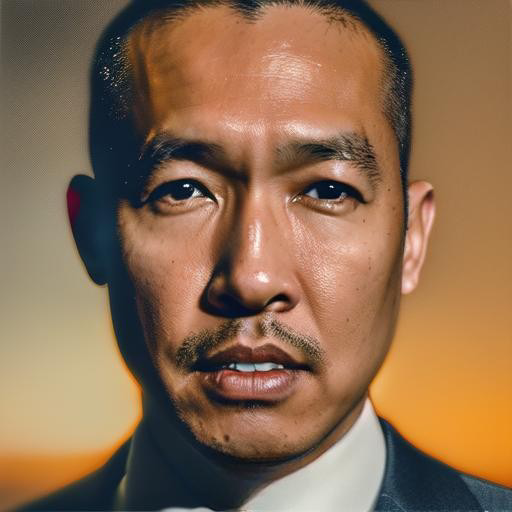In a world teeming with knowledge and technological advancements, it’s easy to fall into the trap of believing we know all there is to know. However, Dr. Wayne Dyer’s profound statement, “None of us are knowing enough about the universe to be pessimistic,” serves as a humbling reminder of our limited understanding of the vast cosmos that surrounds us.
Humanity, with its rich history spanning thousands of years, from ancient civilizations like Vietnam, Athens, and Rome, to modern technological marvels like SpaceX and Starlink, has indeed made significant strides in understanding our world and beyond. Yet, despite these achievements, we barely scratch the surface of the universe’s mysteries.
Our planet, Earth, is but a speck in the grand tapestry of the cosmos. The knowledge we have amassed over centuries, while impressive, is minuscule compared to the infinite expanse of the universe. Every discovery, every technological breakthrough, reveals just how much more there is to learn.
SpaceX’s endeavors, such as sending spacecraft to Mars and establishing the Starlink satellite network, are testaments to human ingenuity and our quest for knowledge. However, they also highlight the vastness of space and our modest place within it. Controlling a small gadget on Mars is an incredible feat, yet it’s just a tiny step in the grand scheme of the universe.
Dr. Dyer’s statement encourages us to adopt a mindset of openness and humility. It reminds us that in the face of the universe’s immensity, there’s no room for pessimism. Instead, we should embrace the endless possibilities for learning and exploration. We are part of something much larger than ourselves, and our journey of discovery is far from over.
By acknowledging our limited understanding, we can remain curious, adaptable, and open to the wonders of the universe. In doing so, we can continue to grow, innovate, and appreciate the beauty and complexity of the cosmos. After all, we are not just inhabitants of Earth; we are citizens of the universe, with much more to learn and explore.
SPONSORED BY








